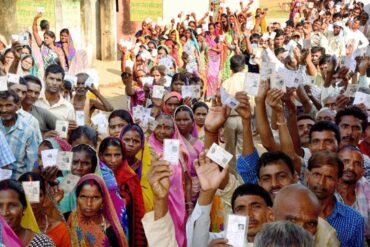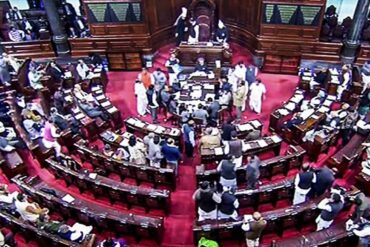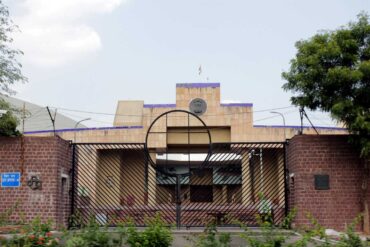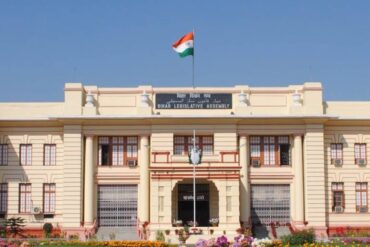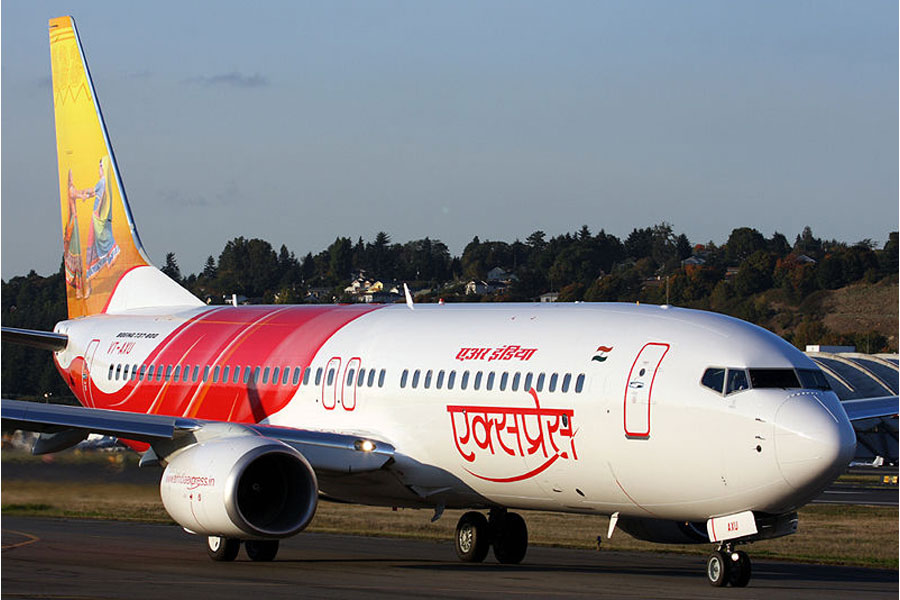The COVID-19 pandemic has cast a shadow on the lives and livelihoods lakhs of Indian citizens working abroad, especially those in the six Gulf Cooperation Council (GCC) countries. The case is different with Southeast Asian countries, the United States, the United Kingdom, and the near neighbourhood. All these regions also have substantial number of Indian population willing to return. The pandemic has put all international flights to a halt since mid-March. It has been a month and a half since circumstances made it almost impossible to return home.
Taking this extraordinary situation into consideration, the Government of India has prepared and announced a repatriation mission in the early days of May to bring Indian citizens back both via air and sea in coordination with various ministries, state governments, and Indian missions abroad. For the initial phase, the air mission will be led by Air India and the sea mission by the Indian Navy. Once it is done, it going to turn out to be the largest evacuation mission since the Gulf War of 1990-91 when 1.7 lakh people from Kuwait were evacuated.
The lack of demand for crude oil and petroleum products owing to world-wide lockdowns and restrictions due to the coronavirus pandemic spearheaded a cycle of job losses and salary-cuts on heavily oil-dependent economies of the Gulf region, including the vulnerable group of Indian workers within it. Other sections of the diaspora community include those who hold Indian passports now staring at the expiry of their visa period. Stranded abroad, they were expecting a reprieve from the government and then came this repatriation exercise.
The Vande Bharat Mission by Air India
In phase one, the air mission will be carried out by Air India from May 7 to May 13. The national carrier and its wholly-owned subsidiary, Air India Express, based in Kochi, will operate 64 flights in the week. This is the initial phase of the planned evacuation. More phases are expected to follow. Even though the flights are operated by the government, all travel costs need to be borne by the returnees themselves.
Ticket rates range from 13,000 to 1,00,000 Indian rupees (INR) depending on the location. A passenger from Abu Dhabi to Kochi will be charged 15,000; similarly, from Doha, 16,000; London, 50,000; the US, 100,000 (INR). The returnees have no option but to pay for the journey. At present, the evacuation is carried out solely by the government, but sooner or later, it is expected that private airlines also would be involved. The Government of India has called the air operation the Vande Bharat Mission.
Union Minister of State for Civil Aviation Hardeep Singh Puri said on Tuesday that commercial fares are charged as airlines are financially at risk. Those who board the flights will be screened and only those who test negative will be allowed to travel. Upon arrival, they will be put under mandatory quarantine. “The mission is for those who find themselves distressed and are stranded because either their visas have expired or either they are being deported or either they went to these countries for work and want to return”, he added.
In the initial phase starting in 7 May, 14,800 citizens will be repatriated by air from 12 countries, mostly from the Persian Gulf region (GCC) and the rest from Southeast Asian region, Bangladesh, the US and the UK. Kerala will see 15 flights from 7 countries in the week arriving in Kochi, Kozhikode and Thiruvananthapuram airports. Other cities include Mumbai, Delhi, Ahmedabad, Chennai and Bengaluru. Air tickets will only be issued to those on the passenger lists prepared by the respective Embassy or Consulate.
Out of the 64 flights, ten are to the UAE, seven flights each to UK, US, Malaysia and Bangladesh, five each to Saudi Arabia, Singapore, Philippines and Kuwait, and two each to Qatar, Bahrain and Oman.
Out of the 15 sanctioned flights to Kerala, ten will be to Kochi, four to Kozhikode and one to Thiruvananthapuram bringing 3,150 NoRKs in total to the state, in the initial phase from the Gulf and Malaysia. About 2,100 people are expected to arrive in the Cochin International Airport itself. Around 4 lakh Non-Resident Keralites (NoRKs) have registered themselves to return to Kerala since the online registration began, as per the list forwarded by the state government to the Ministry of External Affairs. But, not all of them would be able to return in the initial phase. The real number of those yearning to return could be much higher.
The evacuation in phase one will be on a priority basis. Among the people registered, only those with ‘compelling reasons’ are brought back in this initial phase, the government sources said. Those wanting to return to India due to death of a family member, students, persons with medical emergency, pregnant women, elderly, and laid-off workers will be given priority, according to the Ministry of Home Affairs. Approximately, 2000 people will fly daily in a week’s time from 7 May to 13 May.
As per SOP released by the Ministry of Home Affairs, all passengers should undergo the mandatory 14-day quarantine upon arrival. The returnees will also have to pay for the quarantine facilities, but the final decision on this matter is left to the respective state governments.
Operation Samurda Setu by the Indian Navy
The Indian Navy has also begun a parallel operation named Samurda Setu, meaning ‘Ocean Bridge’. Naval ships INS Jalashwa, with a capacity of 1000, and INS Magar with a capacity of 500 are en route to Male, Maldives to commence the operations from May 8, as part of the initial phase. Another naval ship, INS Shardul, with a capacity of 500 has been sent to Dubai from Kochi to evacuate the expatriates from the United Arab Emirates. The Union Home Ministry has prepared a Standard Operation Procedure (SOP) for travel and health protocols upon their arrival.
The Foreseeable Future
As per a PTI report, the Ministry of External Affairs will provide a database to states and central ministries for employing skilled workers who are returning after losing jobs. In the post-pandemic scenario, absorbing people who have lost their jobs abroad into the Indian labour-force present a formidable task for the government, considering the present downturn in the Indian economy.

